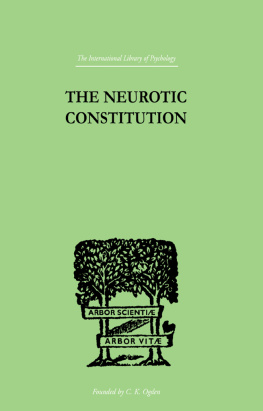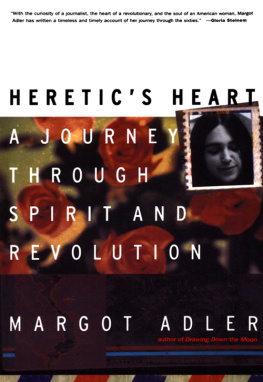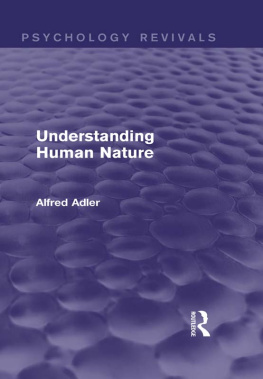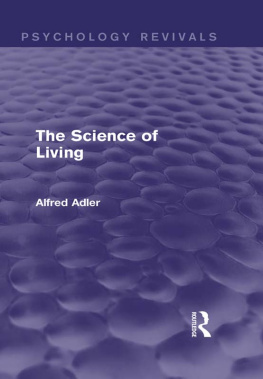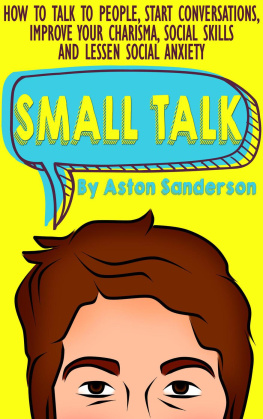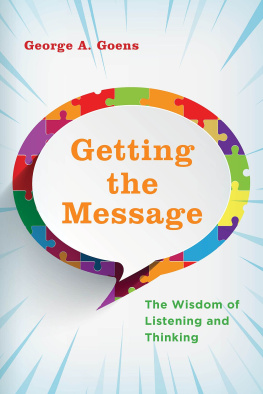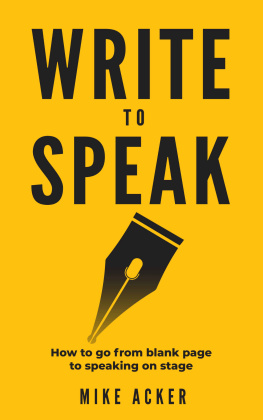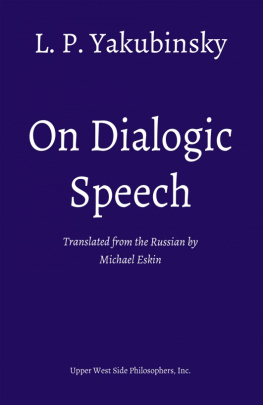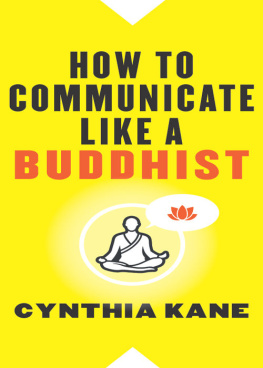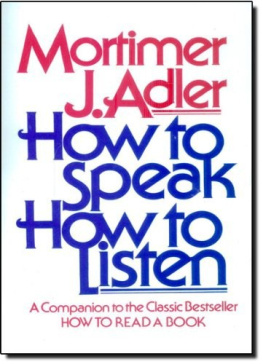M ORTIMER J. A DLER is the Chairman of the Board of Editors of the Encyclopaedia Britannica, Director of the Institute for Philosophical Research, and Honorary Trustee of the Aspen Institute. He is the Honorary Chairman and Cofounder of the Center for the Study of Great Ideas. Dr. Adler resides in Palo Alto, California.

A TOUCHSTONE BOOK
Published by Simon & Schuster New York
Register online at www.SimonandSchuster.com for more information on this and other great books.
authors.simonandschuster.com/Mortimer-J-Adler
Thank you for downloading this Touchstone eBook.
Join our mailing list and get updates on new releases, deals, bonus content and other great books from Touchstone and Simon & Schuster.
C LICK H ERE T O S IGN U P
or visit us online to sign up at
eBookNews.SimonandSchuster.com
B Y THE S AME A UTHOR:
Philosopher at Large
Aristotle for Everybody
How to Think About God
Six Great Ideas
The Angels and Us
The Paideia Proposal:
An Educational Manifesto

TOUCHSTONE
Rockefeller Center
1230 Avenue of the Americas
New York, NY 10020
www.SimonandSchuster.com
Copyright 1983 by Mortimer J. Adler
Cover design by Anthony Russo
All rights reserved, including the right of reproduction in whole or in part in any form.
First Touchstone Edition 1997
T OUCHSTONE and colophon are registered trademarks of Simon & Schuster Inc.
Library of Congress-in-Publication Data is available.
ISBN-13: 978-0-684-84647-7
ISBN-10: 0-684-84647-0
ISBN-13: 978-1-4391-0489-7 (eBook)
TO
Arthur A. Houghton, Jr.,
who delights in the interrupted speech
of good conversation
Contents
PART ONE
Prologue
CHAPTER I
The Untaught Skills
1
How do you make contact with the mind of another person? In what way should that other person respond to your effort?
Sometimes it is through cries, facial expressions, gestures, or other bodily signals, but for the most part it is by the use of languageby writing and speaking, on the one hand, and by reading and listening, on the other.
These four uses of language fall into two parallel pairs. Writing and reading go together; so, too, speaking and listening. The members of each pair are obviously complementary. Writing gets nowhere unless it is read; one might as well shout into the wind if what one says is not listened to.
Everyone recognizes that some individuals are able to write better than others; they have more skill in doing so, either through talent or through training or both. But even the most skilled writing remains ineffective when it falls into the hands of unskilled readers. We all realize that the ability to read requires training, and we acknowledge that some individuals have much more skill in reading than others.
The same would appear to be true of speaking and listening. Some individuals may have native endowments that enable them to become better speakers than others, but training is required to bring such talent to full bloom. Likewise, skill in listening is either a native gift or it: must be acquired by training.
Four distinct performances are involved in the process by which one human mind reaches out to another and makes contact with it, and skill in each of these performances is required to make that process effective. How many of these skills were you taught in school? How many are your children being taught?
Your immediate response will probably be that you were taught how to read and write, and so are they. You may add at once that you do not think that the training received is up to what it should be, but at least some effort is made at the elementary levels to give instruction in reading and writing.
Instruction in writing continues beyond the elementary level; it goes on in high school and even in the early years of college. But instruction in reading seldom goes beyond the elementary level. It should, of course, because elementary skill in reading is totally inadequate for understanding the books most worth reading. That is why, forty years ago, I wrote How to Read a Book , in order to provide instruction in the art of reading far beyond the elementary levelinstruction that is for the most part absent from our schools and colleges.
How about instruction in speaking? I doubt if anyone can recall being given such instruction in elementary school at the time that some training in writing and reading occurs. Except for special courses in what is called public speaking, and help for those with speech defects, which may be found in some high schools and colleges, there is no instruction in speechthe general art of speechanywhere in the course of study.
What about listening? Is anyone anywhere taught how to listen? How utterly amazing is the general assumption that the ability to listen well is a natural gift for which no training is required. How extraordinary is the fact that no effort is made anywhere in the whole educational process to help individuals learn how to listen wellat least well enough to close the circuit and make speech effective as a means of communication.
What makes these things so amazing and extraordinary is the fact that the two generally untaught skills, speaking and listening, are much more difficult to acquire and more difficult to teach than the parallel skills of writing and reading. I think I can explain why this is so, and I will do so presently.
Widespread and indignant are the complaints about the level of skill that our school and college graduates attain in writing and reading. There are few if any complaints voiced about the level of skill that they attain in speaking and listening. Yet, however low the level of writing and reading is today among those who have the advantages of twelve or more years of schooling, much lower still is the level of skill in speaking that most people possess, and lowest of all is skill in listening.
2
In the centuries before Gutenberg and the printing press, speaking and listening played a much larger part in anyones education than writing and reading. That had to be, because, in the absence of the printed page and with written books available only to the very few, those who had some kind of schoolingeither by individual pedagogues, in the academies of the ancient world, or in the mediaeval universitieswere compelled to learn by listening to what their teachers said.
In the mediaeval universities, teachers were lecturers in a different sense of the word lecture than the one that is now generally in use. Only the teacher had the manuscript copy of a book that contained knowledge and understanding to be imparted to his students. As the etymology of the word lecture indicates, lecturing consisted in reading a text aloud, accompanied by a running commentary on the text read. Whatever the students learned, they learned by listening, and the better they were able to listen, the more they were able to learn.
In the great mediaeval universities of Oxford and Cambridge, Paris, Padua, and Cologne, basic schooling involved training in the arts or skills that were first called liberal arts by the ancients. These arts included the various skills in dealing with language, on the one hand, and in dealing with operations and symbolism of mathematics, on the other hand.
Plato and Aristotle thought, and the mediaeval universities followed them in thinking, that the arts of grammar, rhetoric, and logic were the skills that had to be acquired for learning how to use language effectively in writing and reading, in speaking and listening. The arts that had to be acquired for learning how to measure, calculate, and estimate went by the names of arithmetic, geometry, music, and astronomy.
Next page

